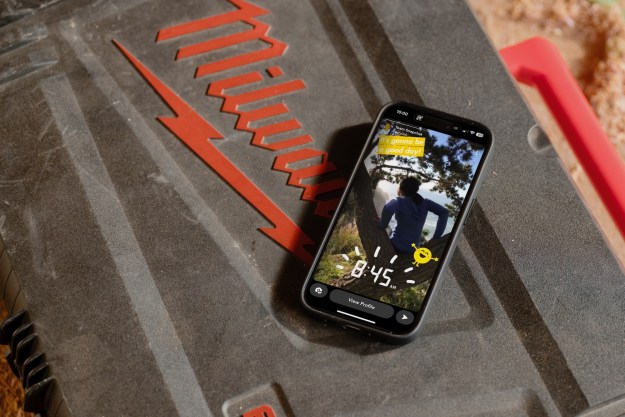
In a filing yesterday with the U.S. District Court in the Northern District of California, database giant Oracle revealed is seeking some $2.6 billion in damages from Google for alleged Java patent infringements in Google’s Android mobile operating system. The damages figure is based on estimates from Boston University finance professor Iain Cockburn, who is serving as Oracles damages expert.
Oracle also claimed Google has intentionally misinterpreted Cockburn’s analysis of damages to Oracle in an effort to make Oracle’s case seem unfair and unreasonable. Earlier this month, Google revealed that it might be forced to pay Oracle anywhere from $1.4 billion to $6.1 billion if it were to lose the case. Google’s interpretation of potential damages was based Cockburn’s assessment. Oracle refutes several of Google’s points, and maintains Cockburn’s methodology—and $2.6 billion figure—is based on “accepted economic principles and the law of patent and copyright infringement.
Oracle sued Google last August over Android’s Java virtual machine, which Oracle claims infringes on copyrights and patents it acquired when it bought Sun Microsystems back in 2010. Oracle’s infringement claims are being reviewed by the U.S. Patent and Trademark Office; so far, some of the claims have held up, but several have been ruled invalid.
“Over the course of four years, Google engaged in three rounds of licensing negotiations with Sun in connection with Android,” Oracle wrote in its filing. “Google repeatedly rejected the reasonable licensing terms that Sun offered and ultimately chose to willfully infringe Oracle’s intellectual property and release the Java-based Android platform.”
The litigation is still in relatively early stages, although Reuters has reported a trial could get underway by November.
In an unrelated development, Oracle has also agreed to buy Pillar Data Systems, and enterprise-oriented data storage company. Pillar’s majority owner is Oracle CEO Larry Ellison. The acquisition won’t involve any up-front cash, but will be handed as a 100 percent “earn out” deal—Oracle doesn’t expect the earn-out will have a material impact on Oracle’s financial results. The acquisition was led by an independent committee of Oracle’s board of directors.
